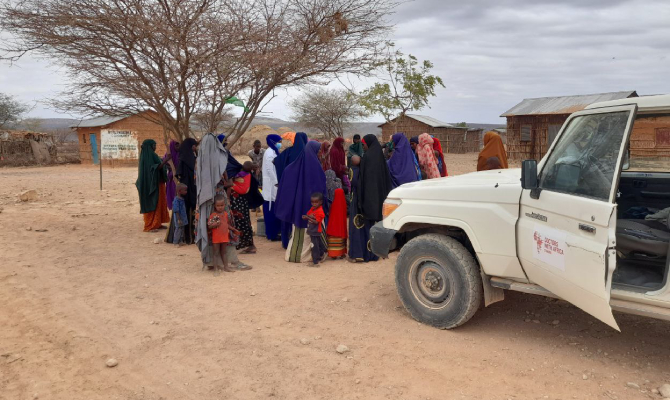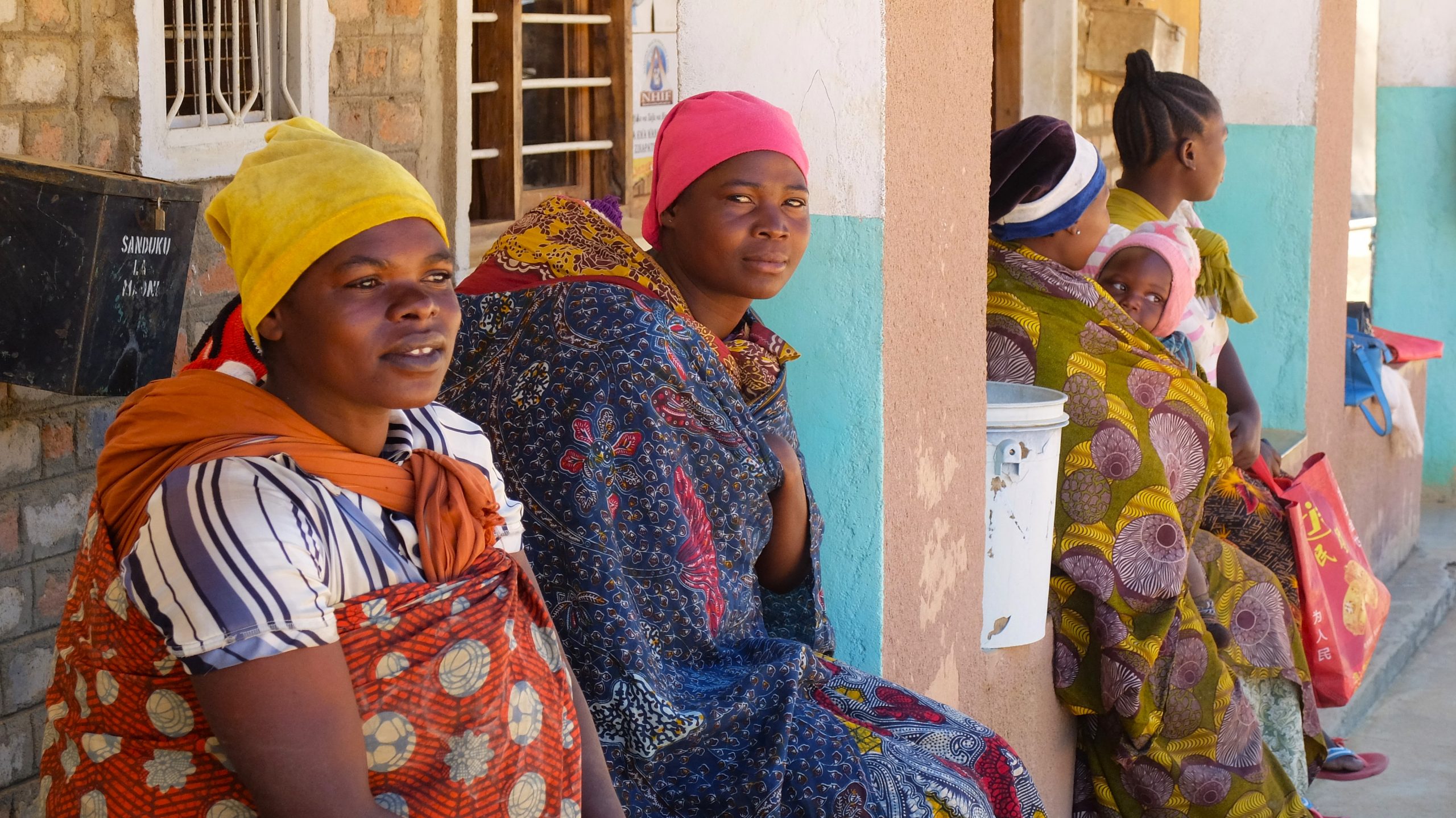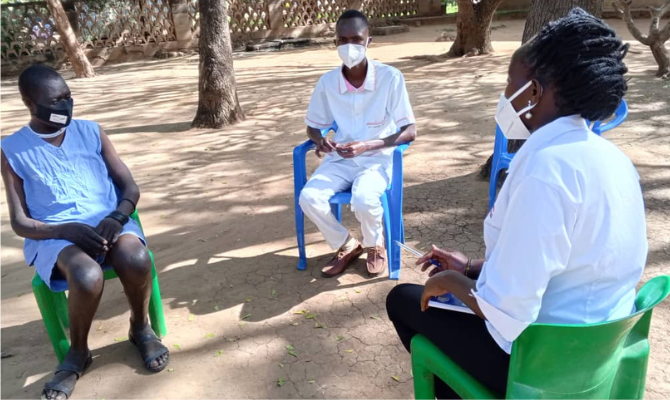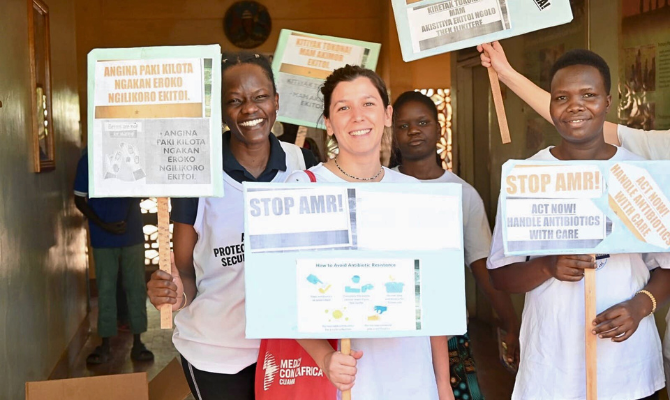Abdirahman Ibrahim is 2 years old and lives in the village of Adad Jiko, in the Woreda of Filtu, a district in the Liben area of the Somali Regional State in southern Ethiopia. He has been severely malnourished for weeks and his condition is deteriorating faster and faster. His worried family does not know how to help him and decides to take him to the mobile clinic run by CUAMM. Loss of appetite and weight, vomiting and coughing: mum and dad explain Abdirahman’s symptoms to the doctor who, after collecting a detailed medical history, measures his weight and nutritional status and diagnoses him with acute severe malnutrition with complications. Abdirahman is referred to Filtu General Hospital for urgent medical treatment where he is admitted to the stabilisation centre. After several days of hospitalisation, Abdirahman recovers and is discharged, remaining in the project-supported Outpatient Therapeutic Feeding Programme (OTP) which includes weekly check-ups by medical staff and the provision of therapeutic food (RUTF) for complete nutritional rehabilitation. The therapeutic support and dedicated monitoring provided by the operators every week for over two months played a key role in Abdirahman’s recovery and he is now back to health.
The Somali Regional State is particularly vulnerable to climate change. Long periods of drought are alternated with massive floods that cause internal displacement, increase the population’s food insecurity and the risk of spreading water-borne diseases. According to UNICEF 2022 data, infant mortality, already high before the emergency, stood at 67 per 1,000 live births, and diseases such as malaria, diarrhoea, acute respiratory infections, and preventable diseases remain the leading causes of mortality in children under five.
The Woreda of Filtu is one of three districts in the Liben area, together with Bokolmayo and Dollo Ado, supported by the project “Good Practices for Resilience Directed to Drought Emergency Management in the Somali Regional State (BRIDGE)” funded by the Italian Agency for Development Cooperation and implemented by Doctors with Africa CUAMM together with CISP-International Committee for the Development of Peoples, lead partner, and COOPI. Started in April 2023, the intervention also covers the Dolo Bay district in the Afder area.
The mobile health and nutrition teams (MHNTs), which enabled Abdirahman and his family to receive basic health care, are one of the key activities provided by BRIDGE and enable them to reach communities in the most remote areas of Filtu and Bokolomayo districts by providing outpatient visits, screening of children, pregnant and lactating women, vaccination of children and pregnant women, health education and referrals of patients from the community to health facilities.
From August 2023 to July 2024 in the districts of Filtu and Bokolomayo, there were: 18,481 people assisted through the mobile clinics; 743 ambulance referrals and emergencies managed, particularly of newborns, children under 5 and women with obstetric complications; 36 health workers trained on malnutrition, infant and child feeding, and infection prevention and control.
In addition, the aim is to ensure an adequate supply of basic equipment, drugs and reagents in the 11 health centres and 2 referral hospitals in the 4 Woreda concerned, while providing technical assistance to district authorities in emergency preparedness and epidemiological surveillance activities. As of July 2024, 47 health workers in the 11 health centres and 2 hospitals have received on the job training to improve their skills in data collection, recording and accurate reporting.
Efforts are made on a daily basis, promoting an approach aimed at developing and strengthening the capacities of the local community, encouraging their active participation in order to also increase their sense of ownership of the intervention. CUAMM wants to be there and to continue to be a bridge between territory and hospital, between communities and health.





